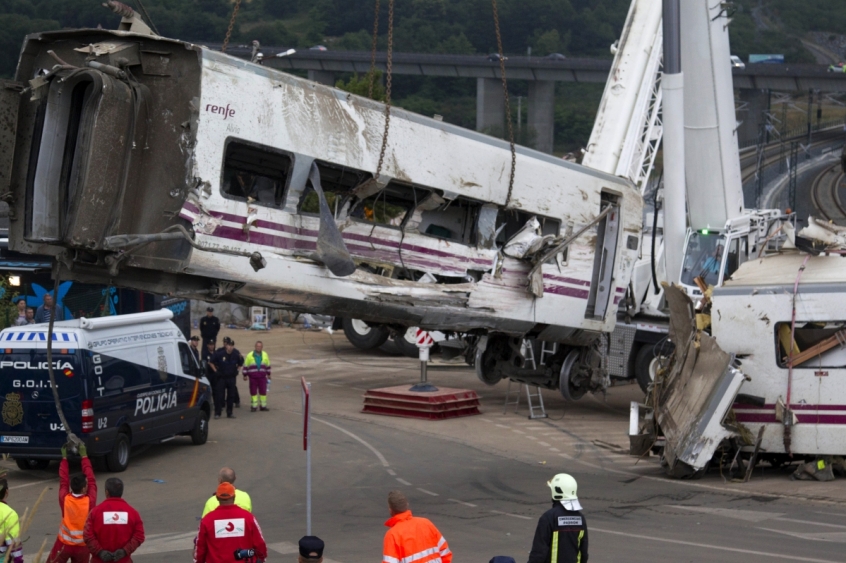
The General Secretary of the World Council of Churches has expressed "solidarity" with victims of Wednesday's horrific train crash in Spain.
The derailment near the north-western city of Santiago de Compostela killed 78 people. At least 130 were taken to hospital after the accident.
In a letter to local Catholic leaders, WCC General Secretary Dr Olav Fykse Tveit spoke of his "solidarity" with the victims' families and the Spanish people "in your suffering".
"We mourn together with their families, friends and with all pilgrims who had been making their way to Santiago," he said.
Dr Tveit urged the Spanish authorities to take every step necessary to ensure the safety of people on public transport and prevent similar tragedies happening again.
"God has given us the gift of life as a precious gift, and no resource should be considered too expensive in protecting and preserving it," he said.
The crash happened on the eve of Santiago de Compostela's annual festival in honour of St James and thousands of pilgrims had been due to arrive in the city for celebrations. However, all festivities were cancelled out of respect for the victims.













